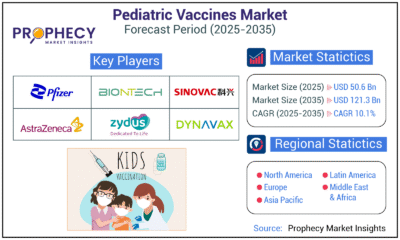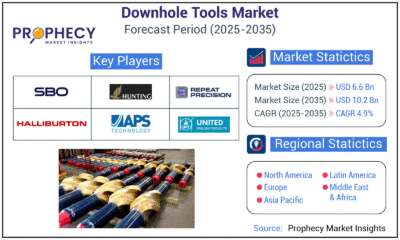Healthcare
Universal Healthcare Seems a Universe Away

In a world where innovation reshapes our lives daily, the stark contrast between progress and accessibility is most glaring in healthcare. Today, universal healthcare, where every individual has access to quality medical services without the crushing burden of financial debt, feels like an elusive dream. Yet, its absence creates ripple effects felt across families, communities, and economies.
According to the Survey of Income and Program Participation, 20 million Americans — nearly 1 in 12 adults — currently owe medical debt. This staggering statistic reflects more than financial hardship; it underscores the fragility of our healthcare system and the barriers that persist for millions seeking care.
“If you ask any healthcare provider, they will tell you they believe access to healthcare should be a universal reality,” says Sarah M. Worthy, CEO of DoorSpace. “However, they – like most of us — are aware that just because it is what should be happening, doesn’t mean it is. Healthcare is a fundamental right, not a privilege. Everyone, everywhere, deserves access to quality healthcare without the burden of finances weighing on them.”
The modern healthcare system, celebrated for groundbreaking advancements, is paradoxically inaccessible to many. One of its largest fractures lies in affordability. Medical expenses continue to outpace wage growth, forcing individuals to forgo care or drown in debt. For families grappling with chronic conditions or unexpected emergencies, the financial toll can be devastating, perpetuating cycles of poverty.
This inequity reverberates beyond individual households. “Without equitable access to healthcare, families face financial ruin, preventable diseases go untreated, and communities are left vulnerable,” Worthy explains.
The Human Cost of Inaccessibility
The inability to access timely medical care doesn’t just impact individual health; it weakens entire communities. When citizens delay or avoid treatment due to cost, they risk the progression of preventable conditions, which ultimately require more expensive interventions down the road. This domino effect stretches thin an already overburdened healthcare infrastructure.
For medical professionals, the frustration is noticeable. Many enter the field driven by the desire to help others, only to confront bureaucratic hurdles and the emotional toll of seeing patients denied necessary care. Behind every successful health system lies a workforce of dedicated providers, yet their ability to deliver care depends on the strength of the systems in place.
Medical debt disproportionately impacts certain populations, including minorities, low-income households, and the uninsured. Structural inequities further exacerbate these divides, as those with fewer resources are often least equipped to navigate the labyrinth of insurance and billing.
While some strides have been made to expand healthcare access, such as Medicaid expansion and community health initiatives, these efforts remain patchwork solutions to systemic flaws. Without broader reforms, millions will continue to fall through the cracks.
Worthy argues that the key to fixing these fractures lies in collective action. “The healthier our communities are, the better we all are,” she says. Achieving universal healthcare requires buy-in from policymakers, businesses, and citizens alike, alongside an understanding that healthcare is not just a service but an investment in societal well-being.
Building a System That Works for All
Universal healthcare may seem aspirational in today’s climate, but the alternative — a fragmented system that excludes millions – is unsustainable. Transforming healthcare into an accessible, equitable resource isn’t just about reducing debt; it’s about prioritizing health as a public good.
“We need to call on policymakers, businesses, and communities to prioritize universal access, ensuring no one has to choose between their health and their livelihood,” Worthy emphasizes.
By envisioning healthcare as a right and not a privilege, we can work toward a future where no one has to weigh the cost of treatment against the price of survival. It is within our collective power to bridge this gap, ensuring that universal healthcare becomes not just a dream, but a reality for generations to come.
-

 Press Release7 days ago
Press Release7 days agoClinical Trials Market Set for Robust Growth, Driven by Drug Development Surge and Digital Innovation
-

 Press Release7 days ago
Press Release7 days agoPediatric Vaccines Market: Safeguarding Futures, Driving Growth
-

 Press Release7 days ago
Press Release7 days agoWaterproof Structural Adhesives Market: A Comprehensive Study Towards USD 10.3 Billion in 2035
-

 Press Release7 days ago
Press Release7 days agoDownhole Tools Market: Navigating Subsurface Frontiers with Precision
-

 Press Release7 days ago
Press Release7 days agoFaropenem Sodium Market: A Potent Weapon in the Fight Against Bacterial Infections















